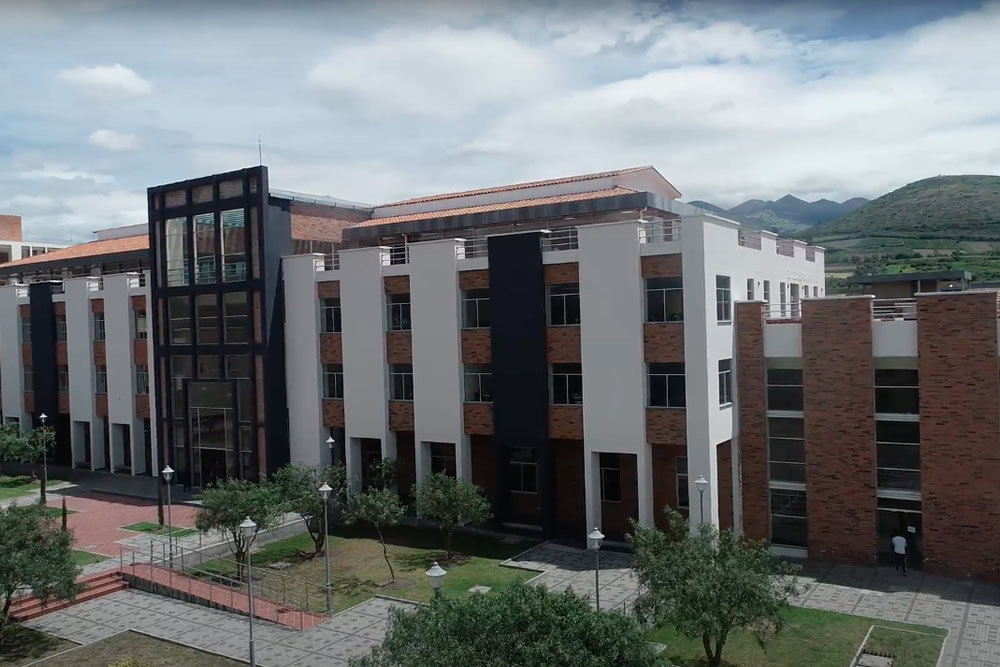Using deep learning for arrhythmia detection from electrocardiographic signals /
Cepeda Muñoz, Eduardo Luis
Using deep learning for arrhythmia detection from electrocardiographic signals / Eduardo Luis Cepeda Muñoz ; tutor Diego Alfonso Almeida Galárraga - 59 hojas : ilustraciones (algunas a color) ; 30 cm + 1 CD-ROM
Trabajo de integración curricular
Incluye referencias bibliográficas (páginas 39-45)
Trabajo de integración curricular con acceso abierto
Texto (Hypertexto links)
Since the beginning of the current decade, cardiovascular disease (CVD) has become the main cause of human morbidity on a global scale. Due to the vast quantity of ECG data, manual analysis is believed to be time-consuming, expensive, and susceptible to human mistake. Alternatively, computer systems based on biomedical signal processing and artificial intelligence approaches is useful for supporting arrhythmia diagnosis procedures while resolving a number of these issues. These systems typically consist of five stages: acquisition, processing, segmentation, characterisation, and classification. However, several basic difficulties, such as signal sensitivity, accuracy, computing cost, generalizability, and interpretability, remain unsolved. In this respect, the current thesis presents an study of ECG signal categorization utilizing two hybrid artificial neural networks trained using deep learning. The neural networks were constructed using a deep learning pipeline that seeks to strike a compromise between resilience, variability, and signal precision. The suggested method achieves an overall accuracy of up to 99 percent for each record while keeping a low computational cost. In this degree's thesis research, we explore digital signal processing and deep learning approaches to describe and categorize ECG data for arrhythmia. Our approach is to find an appropriate set of processing algorithms to improve the performance, estimate precision, and understanding of this physiological phenomena.
Textos en inglés con resúmenes en español e inglés
Hybrid neural networks
Convolutional Neural Networks
Recurrent neural networks
Redes neuronales híbridas
Redes neuronales convolucionales
Biomedicina--Trabajos y disertaciones académicas
Using deep learning for arrhythmia detection from electrocardiographic signals / Eduardo Luis Cepeda Muñoz ; tutor Diego Alfonso Almeida Galárraga - 59 hojas : ilustraciones (algunas a color) ; 30 cm + 1 CD-ROM
Trabajo de integración curricular
Incluye referencias bibliográficas (páginas 39-45)
Trabajo de integración curricular con acceso abierto
Texto (Hypertexto links)
Since the beginning of the current decade, cardiovascular disease (CVD) has become the main cause of human morbidity on a global scale. Due to the vast quantity of ECG data, manual analysis is believed to be time-consuming, expensive, and susceptible to human mistake. Alternatively, computer systems based on biomedical signal processing and artificial intelligence approaches is useful for supporting arrhythmia diagnosis procedures while resolving a number of these issues. These systems typically consist of five stages: acquisition, processing, segmentation, characterisation, and classification. However, several basic difficulties, such as signal sensitivity, accuracy, computing cost, generalizability, and interpretability, remain unsolved. In this respect, the current thesis presents an study of ECG signal categorization utilizing two hybrid artificial neural networks trained using deep learning. The neural networks were constructed using a deep learning pipeline that seeks to strike a compromise between resilience, variability, and signal precision. The suggested method achieves an overall accuracy of up to 99 percent for each record while keeping a low computational cost. In this degree's thesis research, we explore digital signal processing and deep learning approaches to describe and categorize ECG data for arrhythmia. Our approach is to find an appropriate set of processing algorithms to improve the performance, estimate precision, and understanding of this physiological phenomena.
Textos en inglés con resúmenes en español e inglés
Hybrid neural networks
Convolutional Neural Networks
Recurrent neural networks
Redes neuronales híbridas
Redes neuronales convolucionales
Biomedicina--Trabajos y disertaciones académicas



